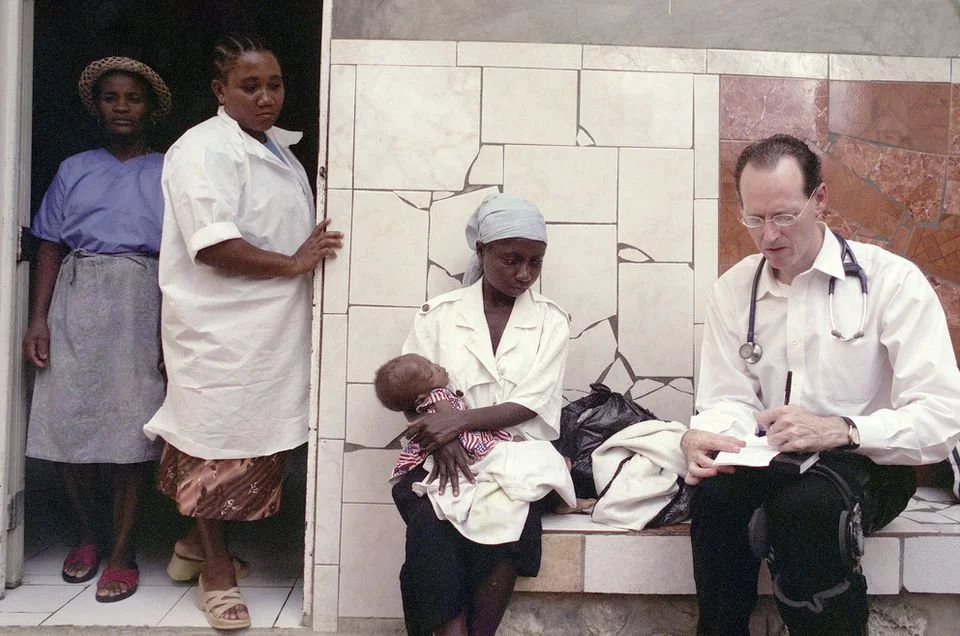A Global Problem, Reframed
What if someone told you that a handful of stubborn, young people in the 1980’s changed the face of public health forever?
The ring leader of that troupe was Dr. Paul Farmer, who saved thousands of lives by delivering high-quality health care to resource-poor settings around the globe. His work earned him the title of 'the godfather of global health equity' and is a great demonstration of how to reframe a problem.
Historically, the field of global health has teetered between two realities. The first is rooted in the colonial context of giving, as wealthy countries occasionally provided charity to resource-stripped countries. The alternative is centered around budgetary constraints and outright neglect of the needs of people in poor and developing countries.
Farmer refused to accept either reality and the soft bigotry of low expectations. While most people asked, “With the limited resources we have, what is the most good we can do?” Farmer flipped the problem around to, “Given all the good we can do for our fellow humans, what are the resources we need to make it happen?”
To acquire those resources, Farmer helped found Partners In Health, which now collaborates with governments across 12 countries to bring quality health care to those most in need.
When HIV was devastating Haiti, the typical response in public health was to write off people, saying HIV therapies were too expensive and difficult to deliver to the world’s poor.
Farmer set out to prove everyone wrong. He set up clinics and hospitals with a simple goal: deliver the same quality care that he provided when he was caring for patients in Harvard’s teaching hospitals.
He taught medical professionals on the ground level and created sustainable treatment processes that could be continued without him. It wasn’t an easy task, but it worked. Tens of thousands of people received the latest HIV care and many lives were saved.
Farmer’s success can be attributed to many things; empathy, cultural literacy, domain knowledge. But perhaps the most important is his willingness and ability to reframe problems as opportunities, something we’re all capable of when problems arise.
